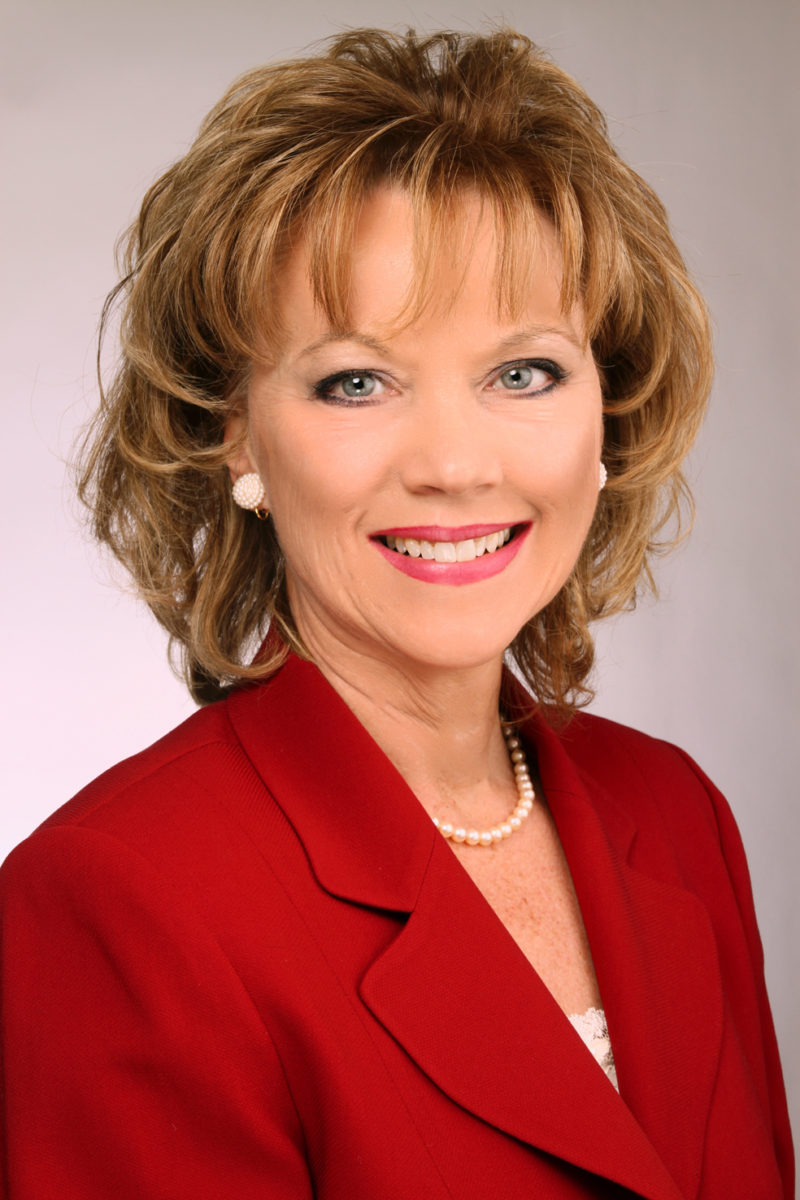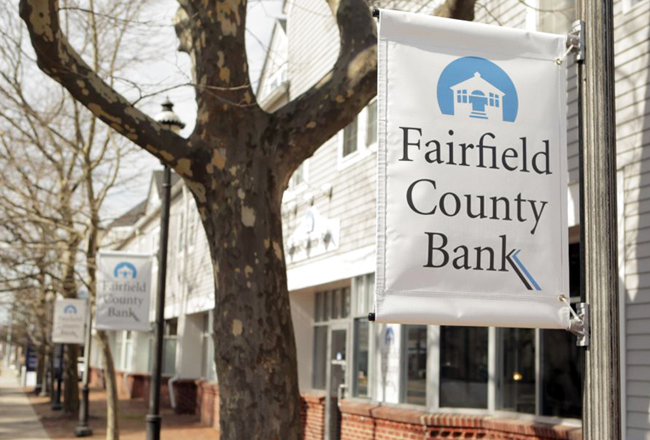
A Feb. 5 study published by the Human Rights Watch stated that about 179,000 nursing home residents nationwide are being given antipsychotic drugs when they don”™t have the mental illnesses for which the drugs were approved. Related news headlines included the words “misuse” and “overprescribed,” suggesting a widespread abuse of these medications when given to elderly individuals who have Alzheimer”™s or related dementias.
The fact is we have made tremendous strides in reducing the use of antipsychotic drugs in nursing homes across America. Nationally, the percentage of long-term residents receiving these drugs dropped from 24 percent in 2011 to under 16 percent in 2017, according to the Centers for Medicare and Medicaid Services (CMS). Imagine if such success were achieved with respect to the opioid crisis! We would be celebrating indeed.
As reflected in the study, antipsychotic drugs are sometimes used to address the most severe and distressing symptoms of Alzheimer”™s and related dementias: aggression, verbal abuse, hallucinations, paranoia, delusions and physical harm to self and others ”” the very behaviors that drive families to place their loved ones in nursing homes because they are unable to handle them at home. The reality is that nursing home staff attempts to manage these distressing symptoms by employing nondrug interventions. But sometimes it”™s just not enough. Doctors may try antipsychotic medications as a last resort.
As health care providers, we can and should continue to try and reduce the use of these drugs. We must also acknowledge that there are individuals who suffer from extreme symptoms of dementia who, in fact, benefit from their use. The challenge is to employ a holistic, patient-centered approach, including both nondrug measures and a continuous cycle of observation. And if antipsychotics are used, providers should, after the resident has stabilized, attempt to withdraw or reduce to the minimum dose necessary to help manage the symptoms of the disease.
With this approach, the staff at United Hebrew of New Rochelle minimized the use of these drugs long before CMS pressured nursing homes to do so. For years, the percentage of residents receiving antipsychotic drugs in our skilled nursing facility has been significantly lower than state and national averages; over the past 12 months, the percentage was 9.8 percent, as compared with 12.8 percent in New York state and 15.7 percent nationwide. Our approach includes:
Ӣ Training: Our staff is trained to recognize that dementia-related symptoms may be an expression of an unmet want or need; yelling, hitting, or other aggressive behaviors may mean the resident is hot or cold, hungry, or frightened. Staff members learn what makes their residents tick, and understand that they must address the root causes of distressed behaviors with skill, compassion and resourcefulness.
Ӣ Care plans: Each resident undergoes a comprehensive care planning process in which the family meets with our interdisciplinary care team and if possible, the resident. We look at the residentӪs personality, history, environment, and other triggers of the distressed behaviors. Then we establish an individualized care plan that aims to minimize these behaviors. ThatӪs followed by a reassessment at least four times per year. When drugs must be employed, we scrutinize their use in subsequent meetings, with an eye toward reducing or discontinuing them as soon as is safely possible.
”¢ Therapeutic activities: We also provide a rich array of activities designed to engage residents, establish routines, and make connections to the world around them. They include music therapy, pet therapy and the use of robotic pets, art classes, dance and movement therapy, crafting, entertainment and more. These activities give our residents the chance to engage in positive behaviors and connect to others physically and emotionally. They move more. They smile more. Families who are invited to participate are delighted to have a way to connect with their loved one. Recently, after seeing her mother”™s response to music therapy, the grown daughter of one of our residents said how grateful she was “to have my mom back.” It”™s all part of our approach to ensure our residents find purpose and joy in their daily lives.
With Westchester”™s rapidly aging population and the number of individuals diagnosed with Alzheimer”™s and other dementias on the rise, our senior care providers will have to find ways to thoughtfully treat symptoms of the disease ”” both at home and in senior care facilities ”” in the coming years. It will take a focus on individual care and behavioral health, adequate staffing, intensive staff training, and leadership. In doing so, we ensure a better and safer environment for elderly individuals with dementia, and those who care for them.
Dr. Elaine Healy is vice president of medical affairs and medical director of United Hebrew of New Rochelle. She can be reached at EHealy@uhgc.org


















